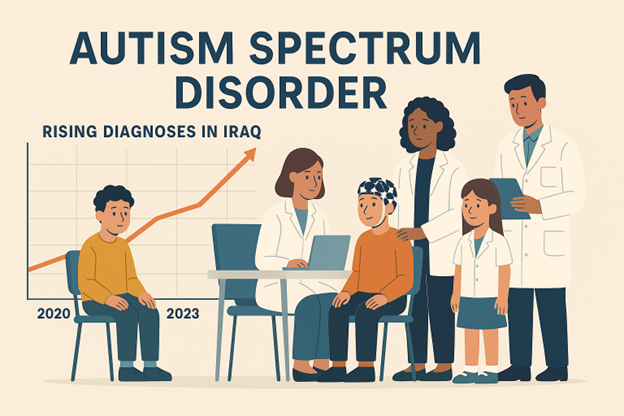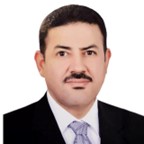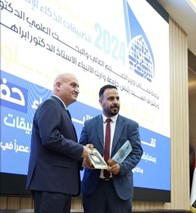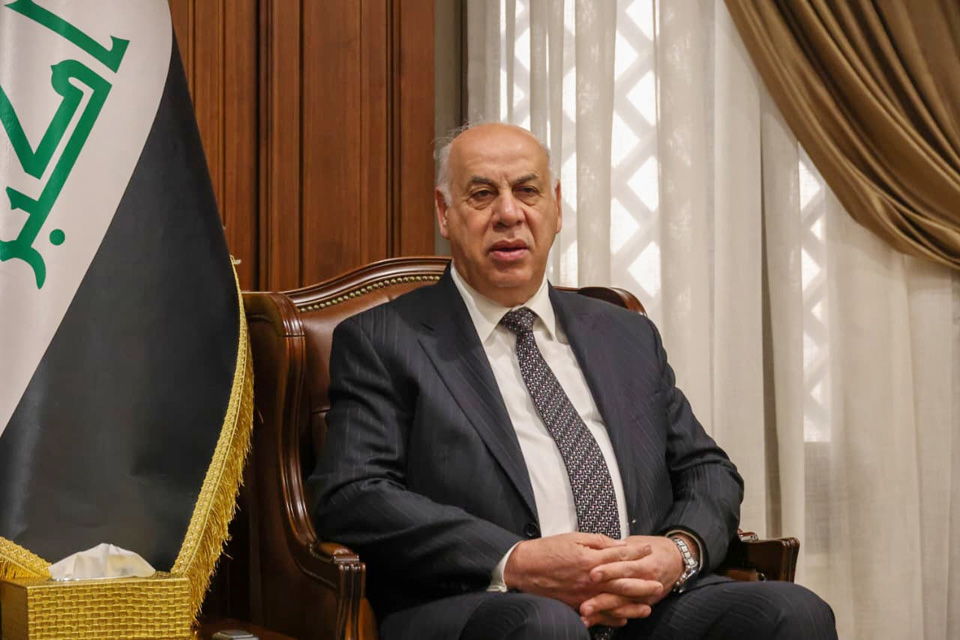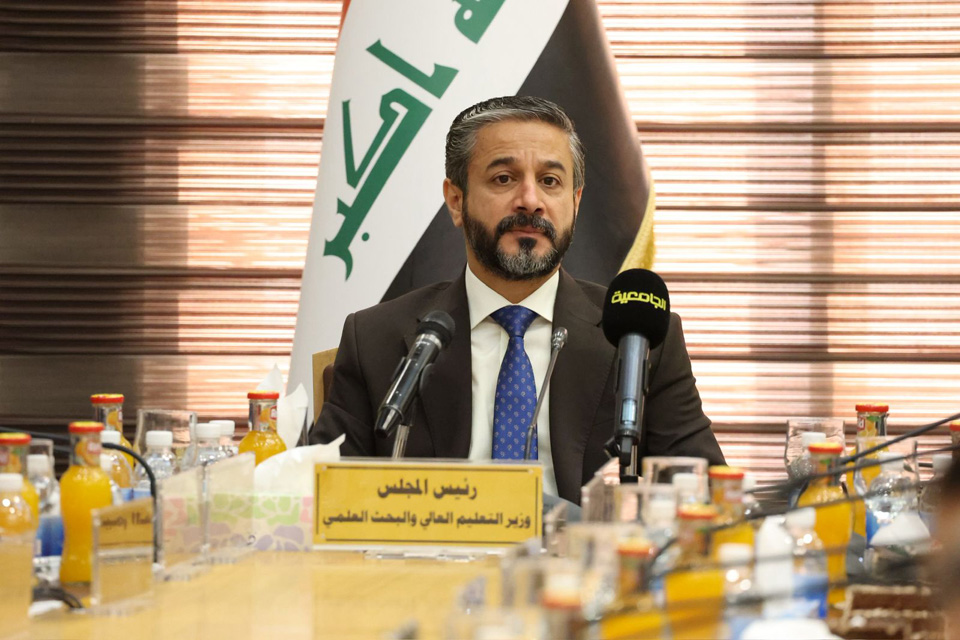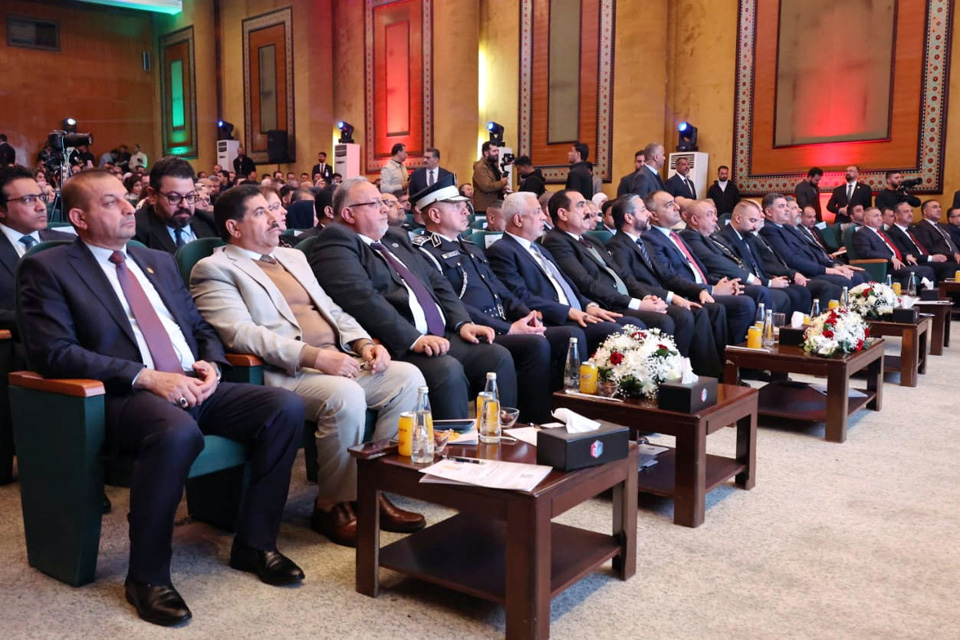Our research group is dedicated to advancing scientific knowledge and contributing to Iraq’s development. By collaborating with leading global institutions, we focus on cutting-edge research in areas such as drug discovery, bioinformatics, nanotechnology, and renewable energy. These efforts not only support global scientific progress but also directly address the region's challenges, driving growth and innovation in Iraq.
- Computer-Aided Drug Discovery (CADD)
CADD accelerates the discovery of new drugs, essential for treating diseases like AIDS and glaucoma. In partnership with Professor Reynisson’s Research Group at Keele University (UK), our work on Known Drug Space (KDS) aids in navigating chemical space for drug design. This research could significantly improve treatment options available in Iraq’s healthcare sector.
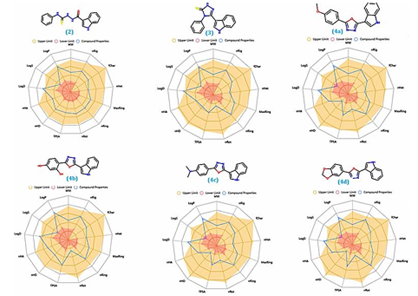
- Bioinformatics
Our bioinformatics research focuses on understanding protein interaction networks to uncover new medical interventions. Collaborating with Professor Zoltán Gáspári (Hungary), we study enzyme catalysis and regulation, advancing Iraq’s potential in biotechnology by enhancing our understanding of disease mechanisms and enabling targeted therapies.
- Medical Radio-Chemistry
In collaboration with Professors Constantin Mamatt (Germany) and Sandra Luber (University of Zurich), we design macro-ligands to safely extract radioactive elements like Barium and Radium from patients' bodies. This research holds particular importance for Iraq, where managing radioactive exposure and treatment is vital for public health.
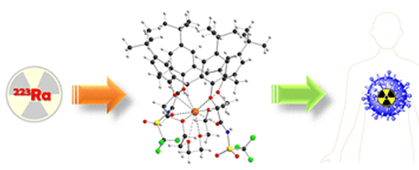
- Nanotechnology
We explore the environmental applications of nanoclusters and their alloys, investigating their reactivity with gases like CO, CO2, and H2. Our research addresses Iraq’s environmental challenges by offering potential solutions for industrial pollution and improving air quality, supported by partnerships with leading research groups worldwide.
- 2D Materials for Gas Sensing Technology
Gas sensing technology plays a critical role in monitoring toxic gases and ensuring public health. Through collaboration with Professor Abbas H. Abo Nasria (University of Kufa, Iraq) and Dr. Nicola Seriani (ICTP, Italy), we are enhancing 2D materials for detecting hazardous gases. This work directly benefits Iraq by improving air quality monitoring and public safety.
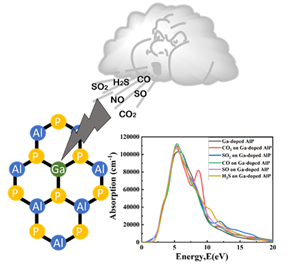
- Hydrogen Storage Technology
Hydrogen offers a sustainable energy solution for Iraq. We are using advanced computational techniques to design nanomaterials for efficient hydrogen storage, addressing the country’s need for green energy solutions. Our collaboration with Professor Tanveer Hussain (University of Western Australia) supports Iraq’s transition to renewable energy.
- Water Splitting Catalysis
Our research in water splitting catalysis focuses on creating artificial catalysts for hydrogen production, an essential step towards clean energy. This research is highly relevant for Iraq as it moves towards renewable energy, contributing to the country’s energy diversification goals.
- Single Molecular Magnets
We aim to create single molecular magnets, which could revolutionise memory storage and spintronics. This research has the potential to foster the development of advanced technology industries in Iraq, helping the country diversify its economy and invest in high-tech sectors.
- Genetic Algorithms for Chemistry
Using genetic algorithms (GAs), we predict the structures and properties of nanoalloy clusters, with applications in material design. Our work supports the development of Iraq’s chemical and manufacturing industries, driving innovation in areas like energy and materials science.
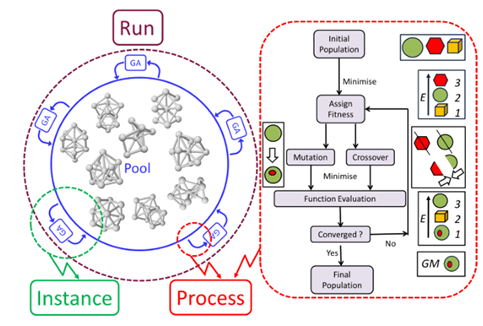
- Supporting Iraq’s Scientific Growth
Our research not only contributes to global scientific advancement but also supports Iraq’s development by providing local solutions for healthcare, energy, and environmental challenges. By fostering international collaboration and investing in cutting-edge technologies, we aim to position Iraq as a key player in the global scientific community, driving both economic and technological growth.
